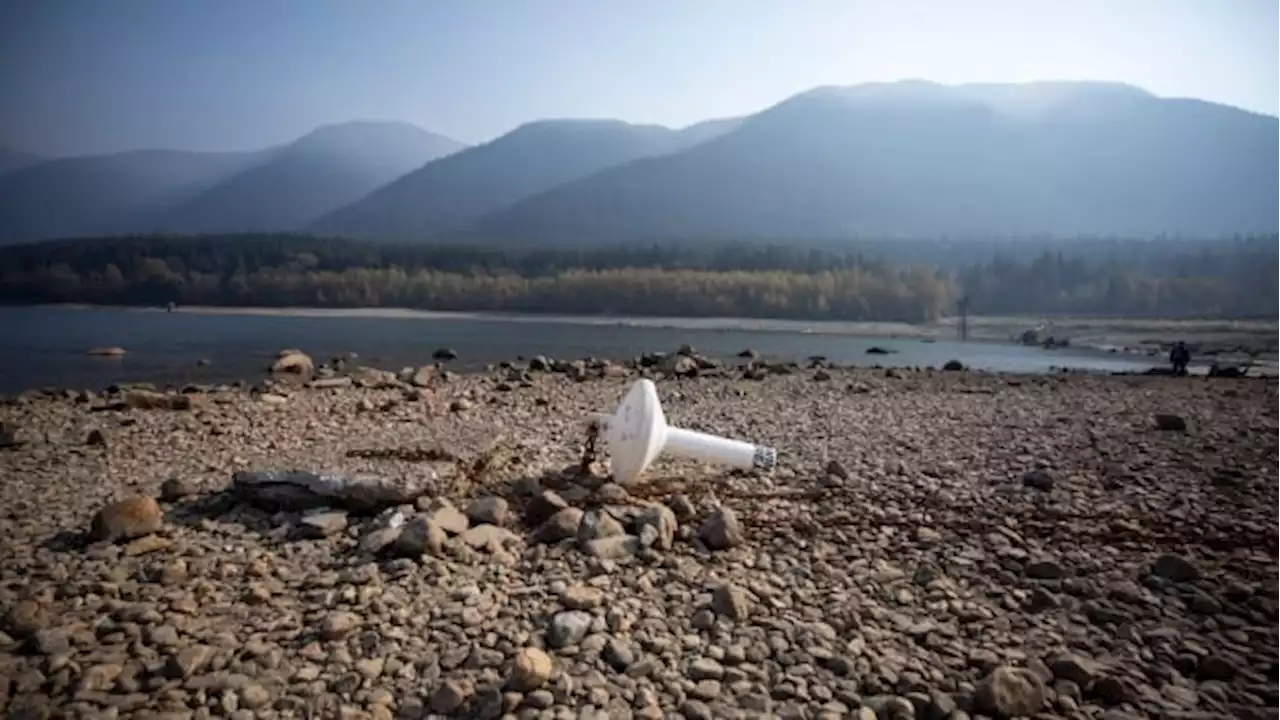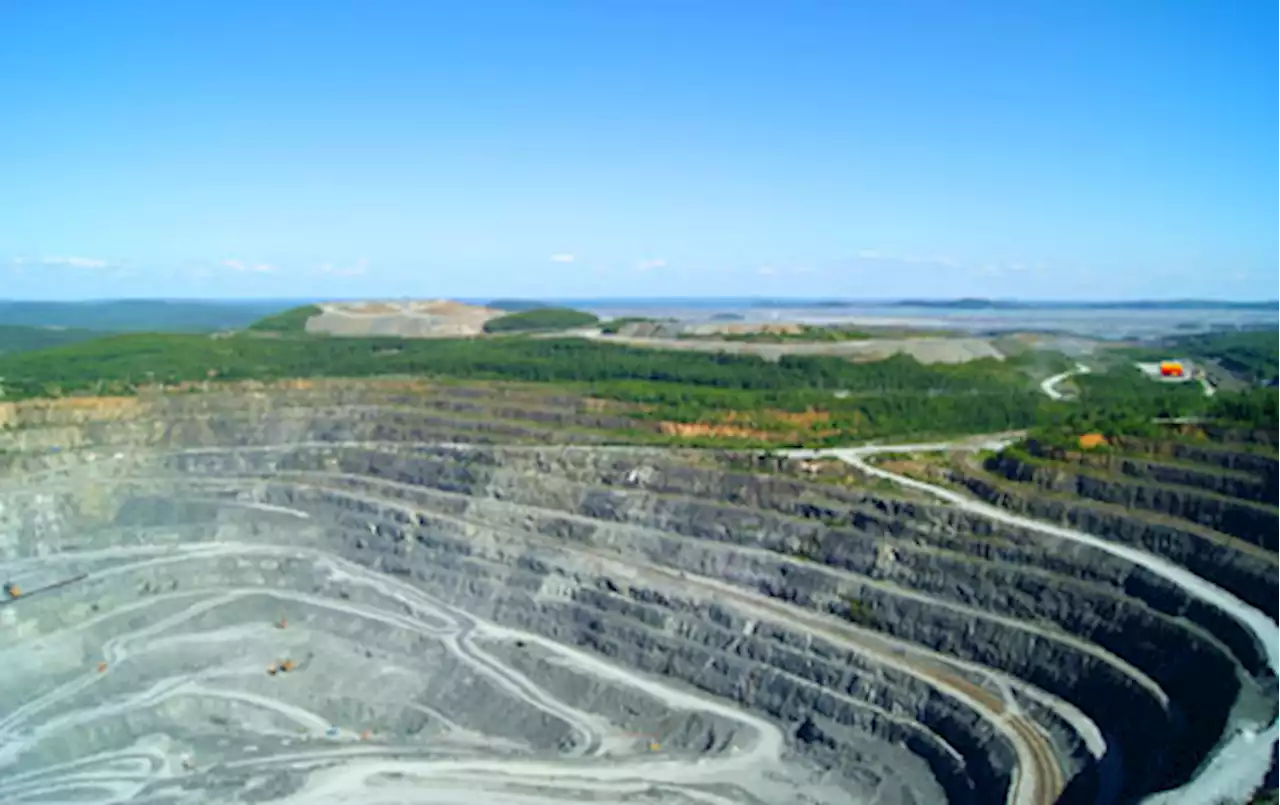ANALYSIS: NASA announced the discovery of a solar system with rocky planets orbiting in the habitable zone of their star, but there are good reasons to think these planets aren't very much like Earth.
, the number of exoplanets — planets circling stars other than our own Sun — has passed 5,000 and counting. Most are truly alien worlds — gas giants like Jupiter or super hot like Mercury. That's why astronomers get excited when planets that seem to be more like Earth are found within what's known as the habitable zone of their star.
The habitable zone is a region around a star where the planet is just the right distance so it is neither too hot nor too cold, meaning liquid water could potentially exist on its surface. First of all, the dwarf star is smaller, cooler and dimmer than our sun, so the habitable zone is in a closer range. One of the two planets only takes 28 Earth days to complete its orbit, while its companion's year is 37 days long.When planets are that close to their stars, they are often gravitationally locked, which means one side always faces the star while the other faces outer space. Our moon is gravitationally locked to Earth, which is why we only see one side of it in our sky.
South Africa Latest News, South Africa Headlines
Similar News:You can also read news stories similar to this one that we have collected from other news sources.
 Doug and the Slugs and Me: New CBC doc explores the legacy of the misunderstood pop bandDoug and the Slugs and Me, debuts on CBC and CBC Gem on Jan. 15
Doug and the Slugs and Me: New CBC doc explores the legacy of the misunderstood pop bandDoug and the Slugs and Me, debuts on CBC and CBC Gem on Jan. 15
Read more »
 2022 was 5th or 6th warmest on record as Earth's temperatures rise, say NASA and NOAA | CBC NewsExpect record-shattering hot years soon, likely in the next couple of years because of 'relentless' climate change from the burning of coal, oil and gas, U.S. government scientists said.
2022 was 5th or 6th warmest on record as Earth's temperatures rise, say NASA and NOAA | CBC NewsExpect record-shattering hot years soon, likely in the next couple of years because of 'relentless' climate change from the burning of coal, oil and gas, U.S. government scientists said.
Read more »
 2022 was fifth or sixth warmest on record as Earth heats upU.S. government scientists say to expect record-shattering hot years soon because of ‘relentless’ climate change from the burning of coal, oil and gas
2022 was fifth or sixth warmest on record as Earth heats upU.S. government scientists say to expect record-shattering hot years soon because of ‘relentless’ climate change from the burning of coal, oil and gas
Read more »
 Swedish miner says it found ‘significant deposits’ of rare earth elements in LaplandAccording to iron-ore miner LKAB, it’s the largest known deposit of its kind in Europe. But the company warned that it could take at least a decade before mining starts
Swedish miner says it found ‘significant deposits’ of rare earth elements in LaplandAccording to iron-ore miner LKAB, it’s the largest known deposit of its kind in Europe. But the company warned that it could take at least a decade before mining starts
Read more »
 Swedish mining group LKAB discovers Europe's largest deposit of rare earth metalsA roundup of all the mining news in the precious metals sector with a variety of company news, mining sector analysis, newsletter writer insights and executive interviews.
Swedish mining group LKAB discovers Europe's largest deposit of rare earth metalsA roundup of all the mining news in the precious metals sector with a variety of company news, mining sector analysis, newsletter writer insights and executive interviews.
Read more »
 EU-member Sweden locates rare earth depositsThe beginning of the end of Europe's dependency on China for precious rare earth materials may lie buried deep under the rugged reaches of northern Sweden, well above the Arctic Circle.
EU-member Sweden locates rare earth depositsThe beginning of the end of Europe's dependency on China for precious rare earth materials may lie buried deep under the rugged reaches of northern Sweden, well above the Arctic Circle.
Read more »
